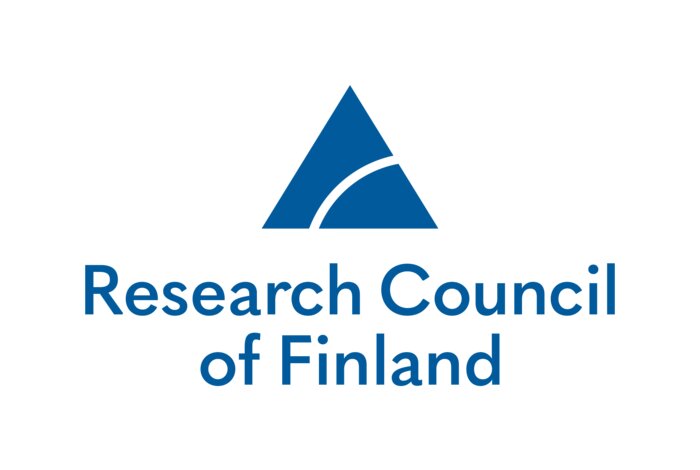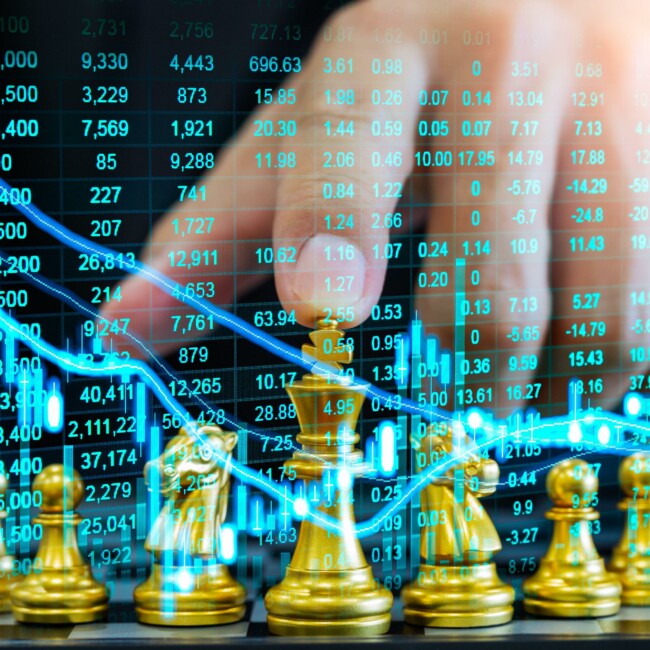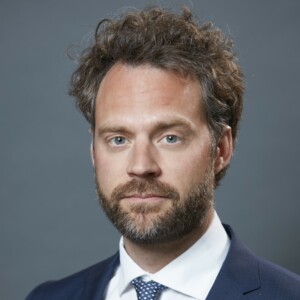
The ‘Power politics by economic means: The geoeconomics research initiative’ (GERI) project develops a pioneering approach to measure and map out countries’ strategic use of economic power. States increasingly practice power politics by economic means, as demonstrated by the unprecedented economic sanctions against Russia and the Sino-Western trade and technology contestations. The weaponization of economic interdependencies has emerged as a central means of competition among great powers. While there has been a growing number of references to geoeconomic power in recent policy analyses and international debate, there are currently only a few in-depth studies available on how geoeconomic power is exercised, how it can be measured and how it impacts the global economic order.
Drawing on insights from political economy and security studies, the GERI project offers a timely and novel framework to analyze geoeconomic power and its projection in world politics. Specifically, the project creates a framework for understanding the fundamental concepts and methods of studying geoeconomics. This is done by
- developing an empirically grounded analytical model and measurement of geoeconomic power, including a novel Geoeconomic Power Index;
- exploring how major states and economic actors use their geoeconomic power in practice
- investigating how the rise of geoeconomics is affecting the international economic order.
GERI will develop and maintain an openly accessible data repository with measures of geoeconomic power across the globe. The repository will include data on trade, investments, currencies, and sanctions, among others. The project will add value to the burgeoning body of geoeconomics literature by grounding its insights in a new empirical approach while further developing the concept of geoeconomic power. Finally, as great-power competition is rapidly escalating, GERI offers a timely contribution to policymakers by providing insights into how states’ use of different forms of geoeconomic statecraft is reshaping the international order.
The GERI project is financed by the Research Council of Finland and is led by Research Director Mikael Wigell (FIIA). Other researchers in the project are Senior Research Fellow Edward Hunter Christie (FIIA), Research Fellow Markus Holmgren (FIIA), Visiting Research Fellow Jens Hillebrand Pohl (FIIA), Visiting Research Fellow Cordelia Buchanan Ponczek (FIIA), Professor Justyna Szczudlik (PISM), Research assistant Mohammed Hadi (FIIA) and Project Manager Marie-Louise Hindsberg (FIIA).
The project started on 1 September 2023 and runs until 2027.







